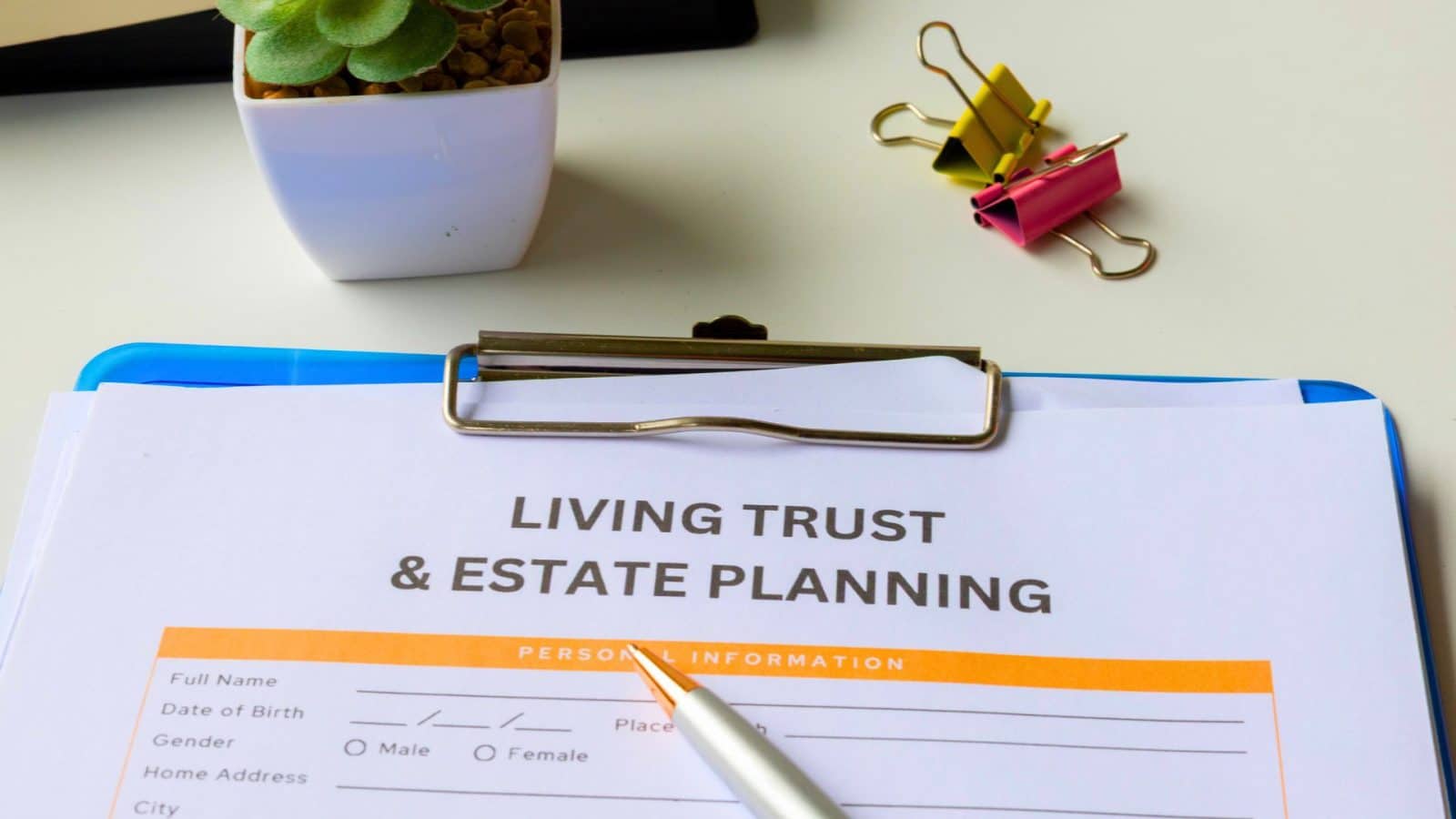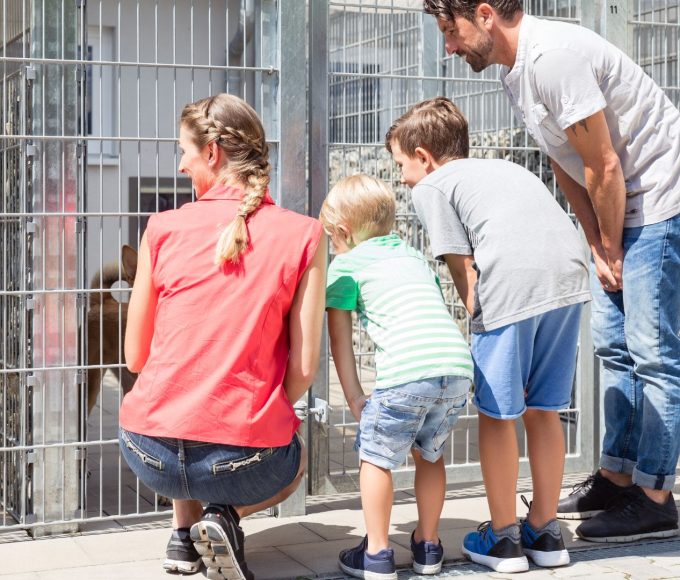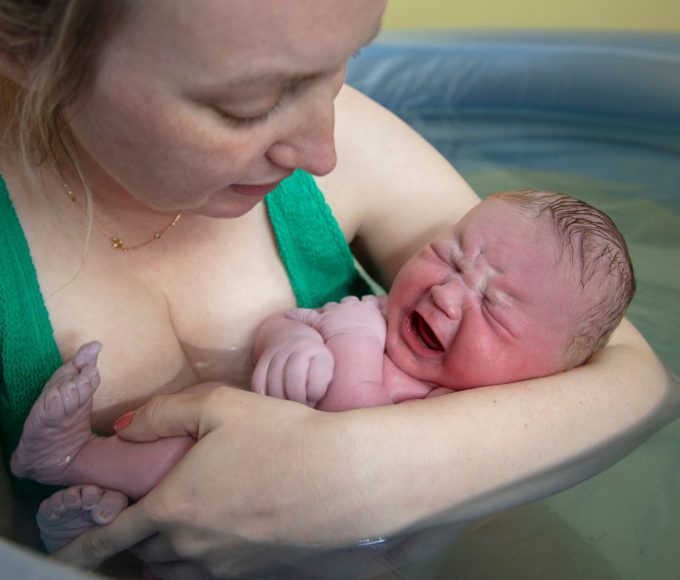Discussing your estate plan with your children is a vital part of responsible long-term planning. While it might seem like a conversation to save for a much later time, opening the door now prevents future confusion and conflict. These discussions allow you to share your wishes directly, giving your family clarity and peace of mind. Knowing how to talk to your kids about your estate plan turns an uncomfortable topic into a productive, reassuring conversation.
Why These Conversations Matter
Estate planning is an important step to take as you get older. Open communication about your decisions ensures your children understand your intentions, which can significantly reduce the potential for disagreements down the road. Approaching this talk proactively helps you frame your legacy on your own terms, rather than leaving your loved ones to interpret vague documents during an already difficult time. This conversation is an act of care for your family’s future harmony.
Pick the Right Time and Setting
Plan the conversation in advance instead of surprising your children with the topic. Choose a quiet, private setting where you can talk without interruptions. The timing should also reflect your children’s maturity level. Younger kids might need a simple overview, while young adults may appreciate more specific details.
Keep Things Honest Yet Simple
You can be transparent about the overall plan without sharing financial figures. Focus on communicating the essential components of your plan, such as who you’ve named as your executor or power of attorney. Explain the key decisions you have made and the reasoning behind them. Present the information factually and calmly, framing your estate plan as a practical measure you’ve taken to protect the family.
Explain the “Why” Behind Your Decisions
When you share why you chose a specific person as your power of attorney or how you decided to divide assets, you help prevent misunderstandings before they arise. Clear communication shows your children that your decisions reflect thoughtful planning, not favoritism. These conversations often involve estate planning considerations for blended families, where stepchildren or multiple households add complexity to your intentions. Addressing those nuances directly can ease tension and foster long-term understanding.
Encourage Questions and Future Conversations
After you have shared your plan, invite your children to ask questions. Treating this as a dialogue, not a decree, reinforces trust and understanding. Also, reassure them that your estate plan is not set in stone; it can evolve as life circumstances change. Let them know you will keep them updated on any significant changes, making this an ongoing conversation rather than a one-time announcement. This approach is key to learning how to talk to your kids about your estate plan effectively.
Discussing your estate plan openly with your children builds a foundation of trust and prevents future hardship. By prioritizing transparency and planning now, you provide your family with a clear path forward. Do not wait for a crisis to have this important talk. Starting the conversation today is a gift of clarity and peace for your loved ones.
Recommended Reading: The Pros and Cons of Living in an Apartment















